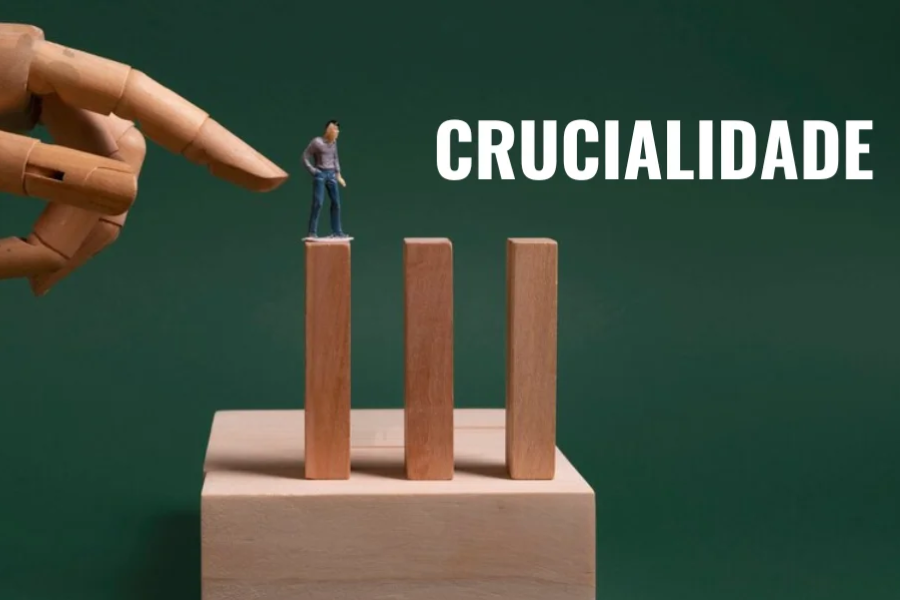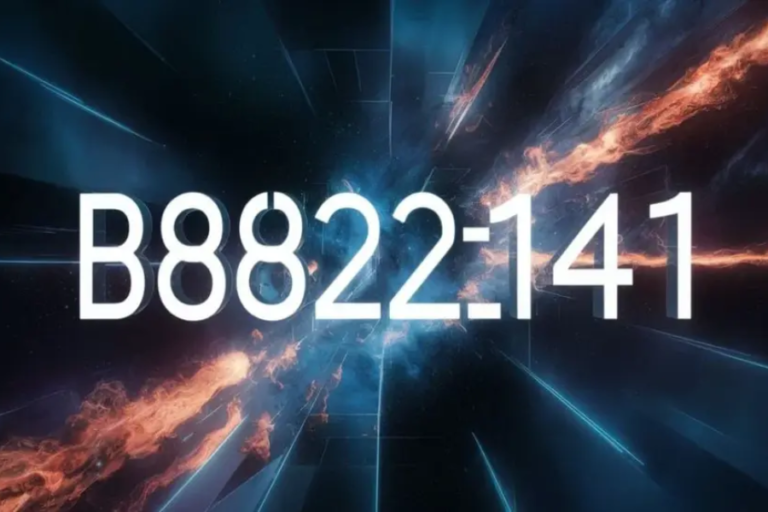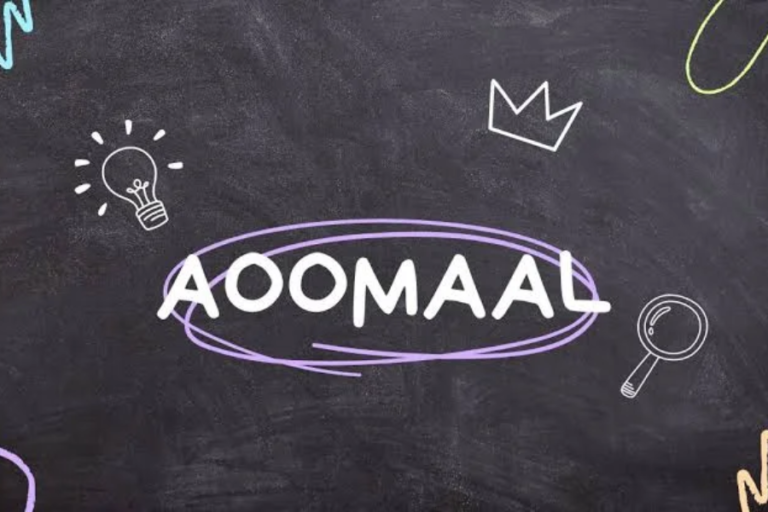“Harnessing Crucialidade: Strategies for Critical Decision-Making in Work and Life”
In life, we all experience moments that seem to determine our destiny. These crossroads force us to make decisions that feel pivotal, steering us toward different futures. At these moments, a concept known as crucialidade can guide us. Originating from the Portuguese word for “criticality,” crucialidade is the ability to prioritize the most significant aspects of a situation, especially when making complex decisions. In a world overflowing with information and choices, this skill has become indispensable.
Understanding Crucialidade
The term crucialidade traces back to the Latin word crux, meaning “cross” or “critical point.” This word evolved to describe those make-or-break moments when the outcome can profoundly shape the future. Scholars across psychology, business, and education have explored this concept, noting its relevance to countless areas of life. It’s the art of recognizing what’s critical in the sea of information and using that insight to make decisions that resonate with our long-term values and goals.
The Science Behind Criticality
Crucialidade is deeply rooted in cognitive science. Making decisions at critical moments is not just about picking an option; it involves a sophisticated interplay of cognitive skills like analysis, evaluation, and synthesis. Neuroscientists have discovered that when we engage in critical thinking, areas of our brain—especially the prefrontal cortex, which governs decision-making and problem-solving—light up. Understanding these processes helps us cultivate our critical thinking, strengthening our decision-making muscles so we’re better prepared to handle high-stakes situations.
Examples of Crucialidade in Nature and Society
Nature is full of examples of crucialidade, from animals making life-saving decisions during migration to plants adapting to survive harsh conditions. Humans, too, have always relied on critical choices, whether they are decisions that shape entire societies, such as those involving governance, warfare, or innovation. Throughout history, these crossroads moments have often marked the difference between success and failure, survival and extinction.
The Role of Critical Thinking
At the heart of crucialidade is critical thinking. This essential skill allows us to logically evaluate situations, foresee potential outcomes, and make well-informed choices. By strengthening our critical thinking, we can approach complex situations with more confidence and make decisions that align with our objectives.
Differentiating Between Urgent and Important
One of the greatest challenges in decision-making is learning to distinguish between urgency and importance. Urgent tasks demand immediate attention, but they may not always align with our long-term goals. Important tasks, however, contribute directly to those goals and merit careful consideration. Mastering crucialidade requires resisting the pull of urgency to prioritize decisions that serve our larger purpose.
Impact on Personal Life
In our personal lives, crucialidade can help guide major decisions, from choosing a career path to managing finances. By applying critical thinking, we can make choices that align with our values and long-term aspirations. This approach not only leads to a more fulfilling life but also brings a sense of balance and control, allowing us to build a life that feels purposeful and aligned with who we truly are.
Strategic Planning and Critical Decisions in Business
In business, crucialidade is a core component of strategic planning. Companies that prioritize critical decisions can quickly adapt to market shifts, foster innovation, and achieve sustainable growth. For instance, businesses like Apple and Google have built empires by making innovation and customer satisfaction top priorities. Their success exemplifies how prioritizing critical decisions drives growth and resilience.
Risk Management
Effective risk management is a vital part of crucialidade. By identifying potential risks and evaluating their possible impact, businesses can develop proactive strategies to counter threats while leveraging opportunities. This forward-thinking approach strengthens resilience, helping companies avoid crises and thrive even in challenging conditions.
Teaching Critical Thinking Skills
Education plays a pivotal role in fostering crucialidade. Educators can instill critical thinking skills through hands-on learning, problem-solving activities, and fostering an environment that encourages curiosity and questioning. By weaving crucialidade into the curriculum, schools prepare students for the complexities of the modern world, equipping them with skills to analyze, reason, and communicate effectively.
Curriculum Development and Student Benefits
By embedding crucialidade in the educational system, students develop abilities that extend beyond academics, preparing them to make informed decisions in life. These skills are assets, enabling them to approach challenges with creativity and confidence. Teachers also benefit, as students become more engaged and take an active role in their own learning.
Making Health Decisions
Crucialidade has a unique role in health and wellness, where choices often have lasting effects. Whether selecting a treatment plan or committing to a healthier lifestyle, critical thinking helps us make informed decisions that support long-term health. By applying crucialidade, individuals can approach health decisions with greater confidence, leading to better overall well-being.
Stress Management and Long-Term Health Benefits
Managing stress is another area where crucialidade proves useful. Critical thinking allows us to identify sources of stress, evaluate coping strategies, and implement solutions. This method of proactive stress management not only enhances mental health but also promotes physical health, reducing the risk of chronic diseases and improving quality of life over time.
Effective Communication and Conflict Resolution
In relationships, crucialidade fosters effective communication and conflict resolution. By critically evaluating situations and recognizing different perspectives, we can communicate more clearly, reduce misunderstandings, and reach compromises. This approach strengthens relationships, building connections founded on trust, respect, and understanding.
Cognitive Biases
Cognitive biases, such as confirmation bias and overconfidence, can cloud our judgment and hinder critical thinking. Recognizing and challenging these biases allows us to approach decisions more rationally and avoid errors in our thinking. Awareness of these biases is a crucial aspect of crucialidade.
Emotional Intelligence and Mental Resilience
Emotional intelligence, or the ability to understand and manage our emotions, is closely tied to crucialidade. High emotional intelligence enhances critical thinking and improves decision-making by helping us manage our reactions to complex situations. This skill builds mental resilience, empowering us to handle challenges with a positive and proactive outlook.
Innovation and Problem Solving in Technology
The tech industry thrives on crucialidade, as it fuels innovation and problem-solving. By critically assessing new technological developments, tech professionals can design solutions that address real user needs and broader societal concerns. This critical approach is also essential for navigating ethical issues like data privacy and artificial intelligence, ensuring technology advances responsibly.
Practical Tips for Developing Crucialidade
Developing crucialidade takes practice, dedication, and self-awareness. Techniques such as reflective thinking, seeking diverse viewpoints, and committing to lifelong learning can strengthen these skills. By consistently applying these strategies, we become better equipped to handle critical decisions in all aspects of life.
Tools and Resources for Skill-Building
Various tools and resources, including courses, books, and online platforms, are available to help develop crucialidade skills. Leveraging these resources provides valuable insights and methods for honing critical thinking, making them an essential part of personal and professional growth.
Continuous Learning
Crucialidade is a lifelong process. As we encounter new situations and challenges, continuous learning and self-improvement help us maintain and expand our critical thinking abilities. This ongoing commitment ensures that we remain adaptable and prepared for whatever comes our way.
Common Obstacles and Overcoming Challenges
Obstacles to crucialidade include cognitive biases, emotional interference, and lack of information. The first step in overcoming these barriers is recognizing them. Developing a growth mindset, seeking feedback, and embracing different perspectives can help us navigate these challenges, enabling us to make clearer, more informed decisions.
Real-World Examples of Crucialidade
Examples from history and contemporary life demonstrate how crucialidade can shape outcomes. From individuals overcoming personal setbacks to businesses navigating market shifts, stories of critical decision-making inspire us to sharpen our skills and face challenges with confidence.
The Evolving Importance of Crucialidade
As the world becomes increasingly complex, crucialidade will only grow in importance. It influences education, business, healthcare, and technology, underscoring the need for continuous growth. By embracing crucialidade, we prepare ourselves for an uncertain future, equipped with the skills to adapt and thrive.
Conclusion: Embracing Crucialidade for a Better Future
Mastering crucialidade can transform every aspect of life. By learning to think critically, we can navigate complex situations, achieve personal goals, and contribute positively to society. As we continue to encounter new challenges, the value of crucialidade will increase, reinforcing the importance of lifelong learning and self-improvement. Embracing this concept allows us to make decisions that truly matter, guiding us toward a meaningful and impactful life.
Facts:
- Origin: The term “crucialidade” is derived from the Portuguese word for “criticality,” rooted in the Latin “crux,” meaning a critical point or crossroad.
- Core Concept: Crucialidade is about identifying and prioritizing the most critical aspects in decision-making, especially when facing complex situations.
- Scientific Basis: Critical decision-making activates the brain’s prefrontal cortex, responsible for decision-making, problem-solving, and cognitive control.
- Applications: Crucialidade is relevant in various fields, including personal life, business, healthcare, education, and technology, enhancing outcomes through better prioritization and critical thinking.
- Critical Thinking: A fundamental component, crucialidade requires the ability to differentiate between urgent and important tasks, focusing on choices that align with long-term goals and values.
- Bias Awareness: Understanding and managing cognitive biases is essential in applying crucialidade effectively.
- Tools for Development: Reflective thinking, diverse perspectives, and continuous learning are valuable techniques to strengthen one’s crucialidade.
FAQs:
- What is crucialidade?
- Crucialidade is the ability to focus on and prioritize the most critical aspects of a situation when making complex decisions. It involves understanding what is truly important at pivotal moments.
- Why is crucialidade important?
- Crucialidade helps in navigating complex situations, ensuring decisions align with long-term values and goals. It’s a skill that improves personal, professional, and organizational outcomes.
- How is crucialidade different from simple decision-making?
- Unlike everyday decisions, crucialidade is about identifying high-impact factors and making strategic choices that can significantly shape one’s future or influence broader outcomes.
- Can crucialidade be applied to business?
- Yes, in business, crucialidade supports strategic planning, innovation, risk management, and adaptation to market shifts, enabling sustainable growth and resilience.
- How can one develop crucialidade?
- Crucialidade can be developed through critical thinking exercises, reflective thinking, seeking diverse perspectives, lifelong learning, and understanding cognitive biases.
- What role does critical thinking play in crucialidade?
- Critical thinking is essential in crucialidade, as it helps to logically evaluate situations, anticipate potential outcomes, and make well-informed decisions.
- How does crucialidade benefit personal life?
- In personal life, crucialidade aids in making important decisions that align with values and long-term aspirations, bringing a sense of balance and purpose.
- What are the main challenges in practicing crucialidade?
- Major challenges include cognitive biases, emotional interference, and distinguishing between urgent and important tasks. Overcoming these requires self-awareness and a commitment to growth.
Discover the latest news and updates on crazeradar.org






